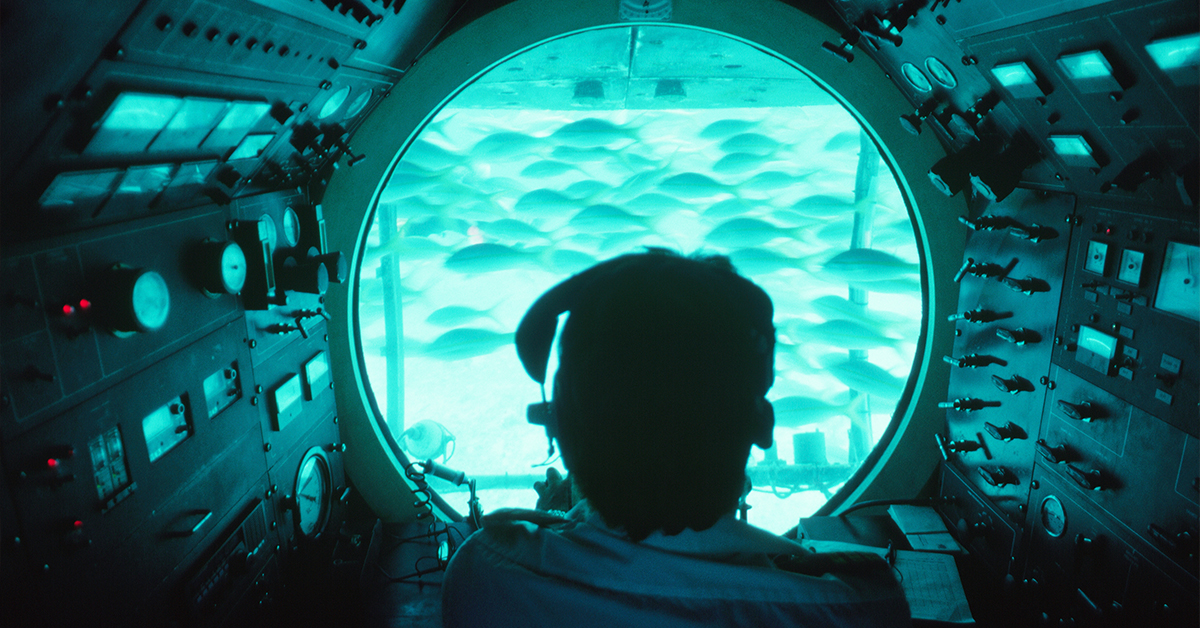The evolution of the brain is the most obvious example of how we evolve to adapt.
Rick Potts, Director of the Human Origins program at the Smithsonian Institution National Museum of Natural History
We’re all living in a new world, and the self-isolation that comes with it. As social beings, we’re used to living our lives by connecting and empathizing with others. Read on for some survival tips on how to cope with our new reality, as told by a nuclear submarine captain about his experience on a U-boat.
1. Ask questions: “How are you feeling today?” has become our new greeting – and that’s fine. We need to reach out to friends and family and check in every day. It instills empathy and reminds us to feel that we’re not alone.
2. Think first, act later: When living through stressful situations, we tend to act on instinct. Let’s slow down the decision-making process and implement a ‘think, then do’ action plan.
3. Focus on one thing: As with days, it’s important to take one task at a time. Multi-tasking during this time may compromise the quality of what you’re trying to do.
4. Discipline: Create a ‘downtime routine’ in a quiet space. By this point, you know what routine works best for you, so stick with it, at your own pace.
5. Maintain a clean environment: Your external world reflects your inner world. Keeping everything in order helps to maintain levels of calm and boost your creativity
The most important thing is to focus on what you can control, one day at a time. No matter how challenging our new world may be, we have the capacity to think creatively to get us through it.

